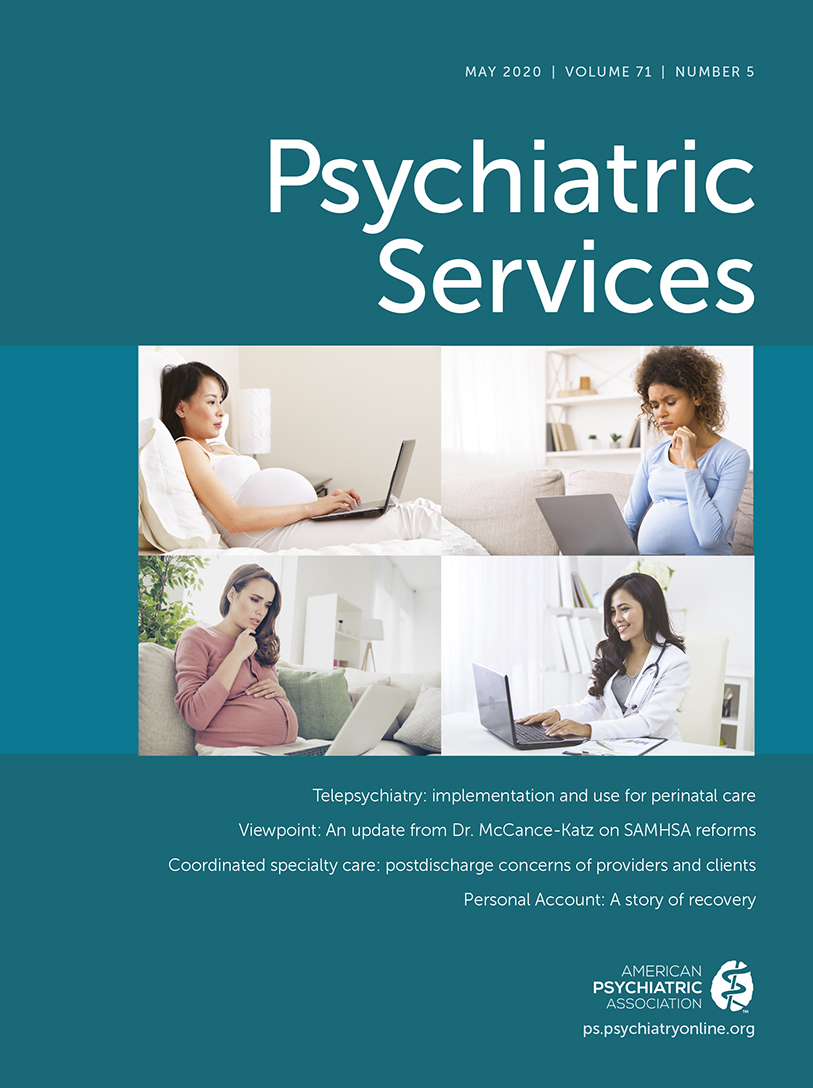Advance Directives: Another Gap in Services for People With Borderline Personality Disorder
TO THE EDITOR: The report by Iliakis et al. (1) was enlightening in that it highlighted the mismatch between the needs of service users with borderline personality disorder requiring treatment, and the resources available to support them. Service users with borderline personality disorder struggle with emotional dysregulation, which contributes to impulsive (often maladaptive) responses and precipitates recurrent contact with health care services. The limited published knowledge of literature on adequate treatment (with the exception of psychological interventions) is a disservice to both service users and clinicians, because it undermines health care professionals’ capacity to provide effective interventions while reinforcing entrenched institutional stigma, fostering the notion that such service users are “untreatable.” This stigma contributes to the demedicalization of this client groups’ experiences—viewing their symptomatology as a matter of choice as opposed to an expression of distress—which may in turn compound clinicians’ aversion to working with these individuals. While research into psychological interventions for borderline personality disorder has indicated an acceptable level of efficacy (2), such interventions are cost-intensive, resource-intensive, and time-intensive. Furthermore, psychological interventions require long-term delivery and specialist training for facilitators, which limits their availability and accessibility to the population that needs it. In view of Iliakis’s finding of the limited number of mental health professionals certified to provide specialist evidence-based treatments (1), further research into alternative interventions for service users with borderline personality disorder is required.
With respect to the requirement of more generalist, resource-efficient interventions, advance directives are a viable treatment tool that warrants consideration. Advance directives are written or verbal expressions of preferences for future care that take effect when an individual is unable to make competent treatment decisions (3). Our own research has shown a paucity of studies with regard to advance directives as an intervention for people with borderline personality disorder, with only one randomized controlled trial addressing this question (4). Other research has found advance directives to be an effective intervention for service users with serious mental illness, such as schizophrenia and bipolar disorder (5). For individuals with borderline personality disorder, advance directives have high face validity because they encompass the tenets of dialectical behavior therapy, a prevalent psychological intervention for people with borderline personality disorder, such as fostering autonomy, improving therapeutic alliance, and empowering service users to take active roles in their recovery. Furthermore, advance directives are particularly beneficial for individuals experiencing multiple crises or recurrent contact with health care services, and people with borderline personality disorder are often overrepresented in both inpatient and outpatient settings.
Advance directives alone are unlikely to adequately address the complex needs of individuals with borderline personality disorder. Nor do we consider advance directives to be a substitute for more established, evidence-based psychotherapies. Instead, we suggest advance directives as a complementary tool to other evidence-based interventions. Advance directives have the potential to improve treatment outcomes for service users with borderline personality disorder.
1 : Treatment of borderline personality disorder: is supply adequate to meet public health needs? Psychiatr Serv 2019; 70:772–781Link, Google Scholar
2 : Efficacy of psychotherapies for borderline personality disorder: a systematic review and meta-analysis. JAMA Psychiatry 2017; 74:319–328Crossref, Medline, Google Scholar
3 : Psychiatric advance directives under the Convention on the Rights of Persons with Disabilities: why advance instructions should be able to override current preferences. Front Psychiatry 2019; 10:631Crossref, Medline, Google Scholar
4 : Joint crisis plans for people with borderline personality disorder: feasibility and outcomes in a randomised controlled trial. Br J Psychiatry 2013; 202:357–364Crossref, Medline, Google Scholar
5 : Psychiatric advance directives as a complex and multistage intervention: a realist systematic review. Health Soc Care Community 2013; 21:1–14Crossref, Medline, Google Scholar



